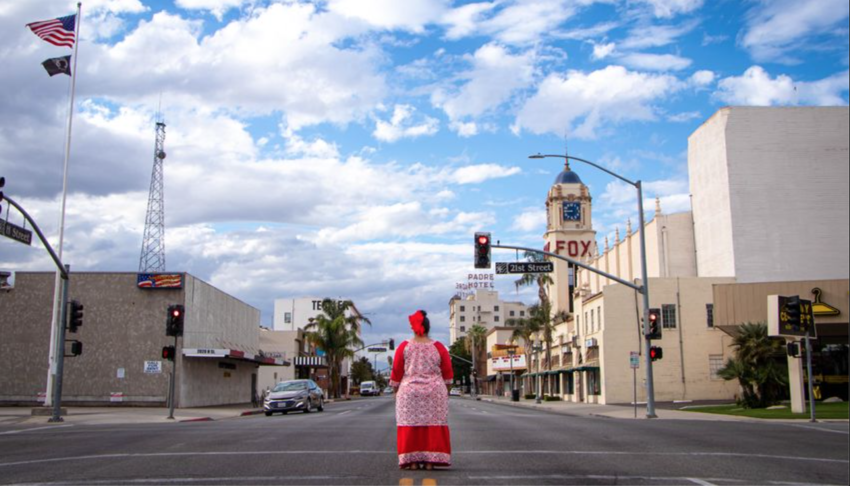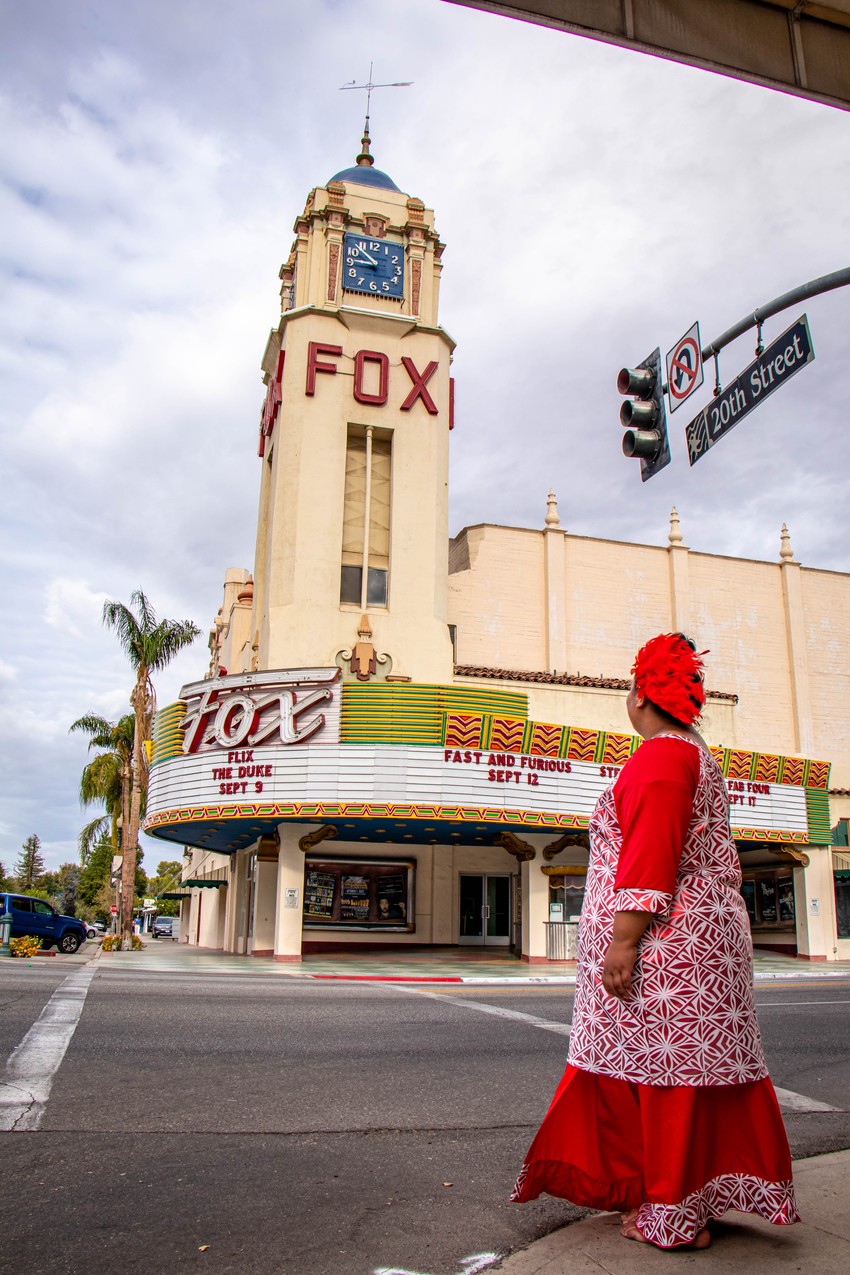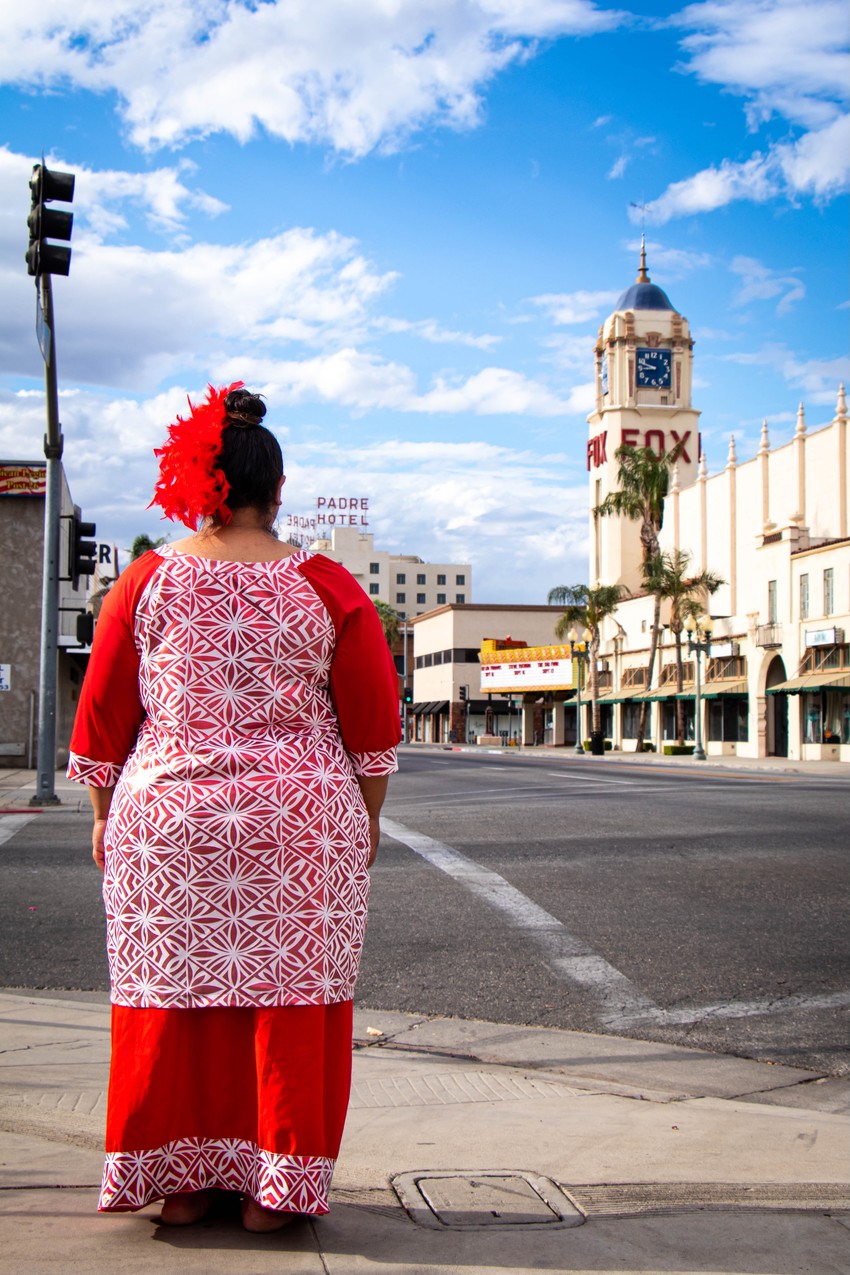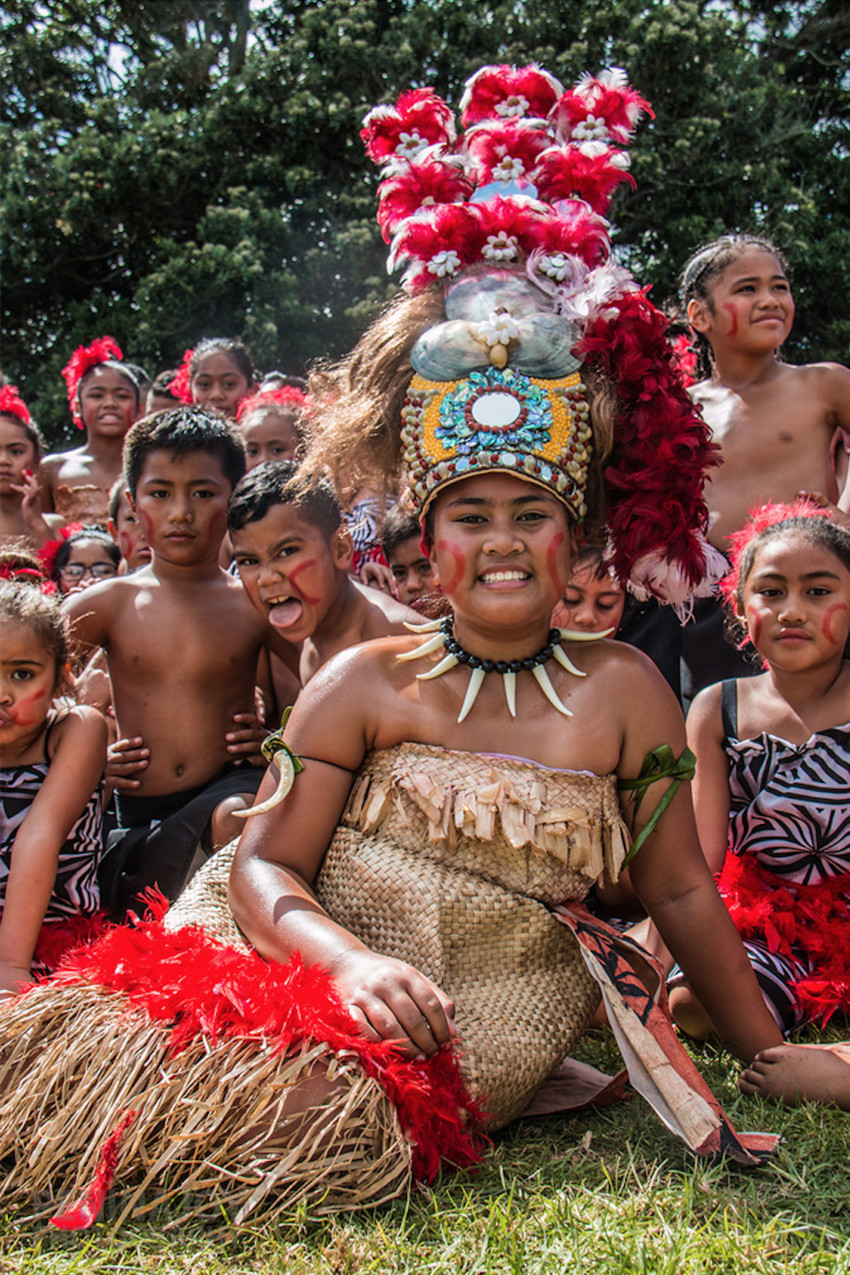OPINION: To be who we are or not to be who we are

By Angelica S. Eke
We, as Pasifika people, are born into this world unknowingly pushed into a place of old and new cultural expectations. We come from a world of rich culture; however, due to economic crisis or the necessity of preserving family life, at times it is necessary for us to depart from our motherland. Often, during these types of transitions, we find ourselves with varying decisions to make. One of those decisions may represent whether we choose to follow the norms of the community we settle in or choose to keep the traditions, mindsets, and rituals that have been ingrained into our very DNA. Let’s not forget the transition that our elders might experience. As life moves quickly, we forget that our elders may also experience a suspension in time being suddenly thrust into a new setting that is unknown to them. The change can be overwhelming; traumatic even. We all have some experience in understanding how it feels to be somewhere unfamiliar and it can make one feel unseen or unheard. Thoughts of reaching out to ask for help might even give us some anxiety. With our younger generations, a crisis of identity becomes apparent. At home, they are being raised in our rich cultures mindset with the people they hold dear to their hearts and outside, is the foreign culture that our young people have solely known their whole lives. Between these two worlds, there is a gap with an unfinished bridge that holds questions with answers that have both pros and cons leading to confusion.

While many of these questions linger, the ones that become obvious are those we ask when it comes to defining who we are. The first questions might start with asking how we can connect to our culture living in a non-Pacific Islander land. They could even be questions on how we should go about staying connected to our cultures. These inquiries could even lead to other questions that might bring about fear or doubt. Questions like: How can we keep our traditions and rituals in a place that might not be so accepting of our way of life? On the other side of this conversation, one might even ask what the use is of practicing something that we may not consistently utilize. Even mentions of not living in our homelands might be added; therefore, the cultural mindset does not fit so in turn this must mean that it needs to be changed. It’s important to be able to see both sides of any concept and these questions may not even have an immediate answer; however, one thing is clear, and it is that each person of every culture, if not themselves, will eventually have a descendant who seeks out the answer of who their ancestors were to find a center to who they are themselves. Even though the mindset may not be fitting, it’s important to understand that when our culture disappears in any form, a part of ourselves also disappears and the gap with all the questions unanswered, will continue to separate even further. The beautiful thing about being Pacific Islander is that the land we come from is a part of who we are but it is not all of who we are. As I always tell my friends: Samoa is a place but, I am Samoa.

When we think about the answer’s one could give to help others continue to nurture the growth and love of their cultural identity, there are various answers that might work. To start, we have to understand that our answer lies in consistency. In order to get better at anything, we must understand the foundation and once we can completely embrace that foundation, like everything else, we must practice our culture. Practice as well as share our culture. Ensuring that we are diligent in our endeavor will always make progress if we decide to choose to do so. We must be diligent in keeping our cultures and traditions alive by simply practicing it. Every chance that we get to share our culture is a chance to practice our traditions and way of life. In the last article I wrote, I said that it matters who teaches your culture to you but, I didn’t mention the key to being a good teacher and the key is to love what you are teaching. I encourage you to teach your children this love and appreciation for your culture as they will be the ones to carry your heritage into the future.

If you choose to support the success of our PI cultures, here are a few things we can all do to help keep our cultures alive in our own communities:
1. Get involved with your community by contacting your local non-profit groups or recreational facilities that have sports teams. Local libraries might have some clubs that you can join or even start your own Pasifika Knowledge Club if there isn’t one.
2. Share the parts of your culture that are shareable like food and dance.
3. Teach and offer classes or group sessions on cultural appreciation.
4. Start Pasifika events with your community to draw out other people who share in the same culture. Examples would be a Cultural Dance night or a talent show with a Pasifika theme.
5. Search for a need in your community. For example, Pasifika language classes, COVID prevention focusing on the Pasifika people, financial classes, etc.
6. Lastly, remember to complete every task with passion as this is what will be the intangible thing that will allow us to hold time and space for our cultural identity.
To find dance groups or other Pacific Islander groups in your area that allow room for the progress of our Pacific Islander people, listed below are sites to point you in the right direction:
NEW ZEALAND - https://www.thecoconet.tv/
https://www.pasefikaproud.co.nz
UNITED STATES - https://cvpia.org/
https://www.southpacificislander.org/active-volunteers
https://www.picawa.org/meetourteam/
Now, it’s your turn to help our Pasifika people. Comment below where you are located and if there are any other sites that would allow our people to connect to other Pacific Islander groups in your area, please share here.
Top 3 photos by Vanessa Zambra. IG @butterfliesdaffodils taken in Downtown Bakersfield, CA near @thepadrehotel and @thefoxtheatre.
Puletasi by: @lepasefikaboutique on IG
